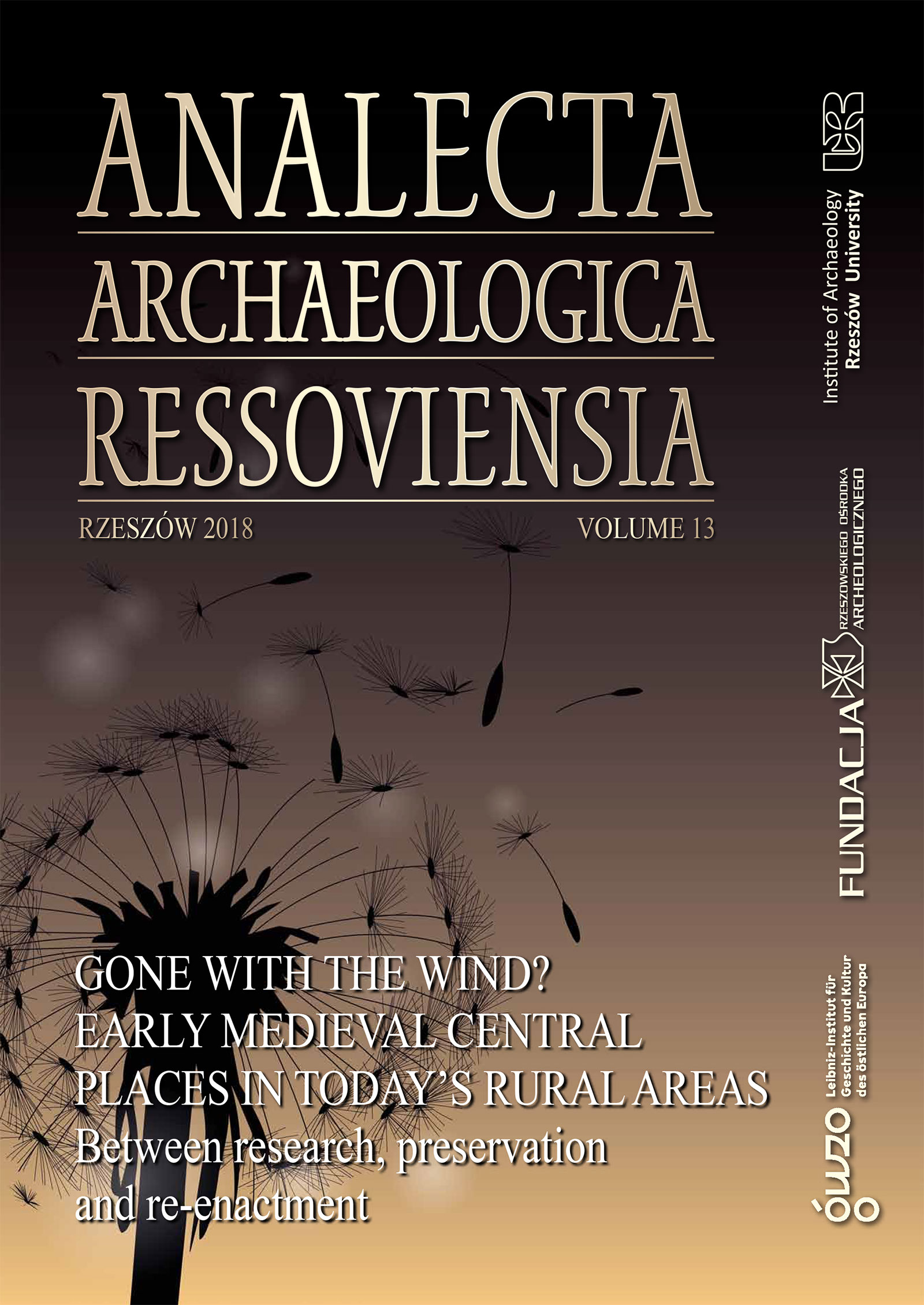Stari (Old) Ras and Sopoćani: Challenges and Opportunities in Managing UNESCO Cultural Heritage
DOI:
https://doi.org/10.15584/anarres.2018.13.7Słowa kluczowe:
Stari Ras and Sopoćani, Novi Pazar, UNESCO, multi-ethnic, cultural heritageAbstrakt
For its numerous medieval monuments, the Raška region in and around modern Novi Pazar in southwestern Serbia was put on UNESCO’s list of World Cultural and Natural Heritage sites in 1979 under the name of Stari Ras and Sopoćani. It consists of several components: the Medieval Town of Ras, St. Peter’s church in Novi Pazar, the Monastery of Đurđevi Stupovi and the Monastery of Sopoćani. As a living organism, situated in an intensely multi-ethnic area that was and still is on the crossroads of diverse peoples and influences, the Stari Ras and Sopoćani area is very challenging to manage, because the needs of cultural heritage workers and the needs of functioning monastic communities and the expanding city of Novi Pazar have to be reconciled. This paper aims at presenting the monuments that are incorporated into the Stari Ras and Sopoćani heritage site, as well as showing the character of the region and the challenges and opportunities of managing a cultural heritage site in regard to the diverse actual conditions.

